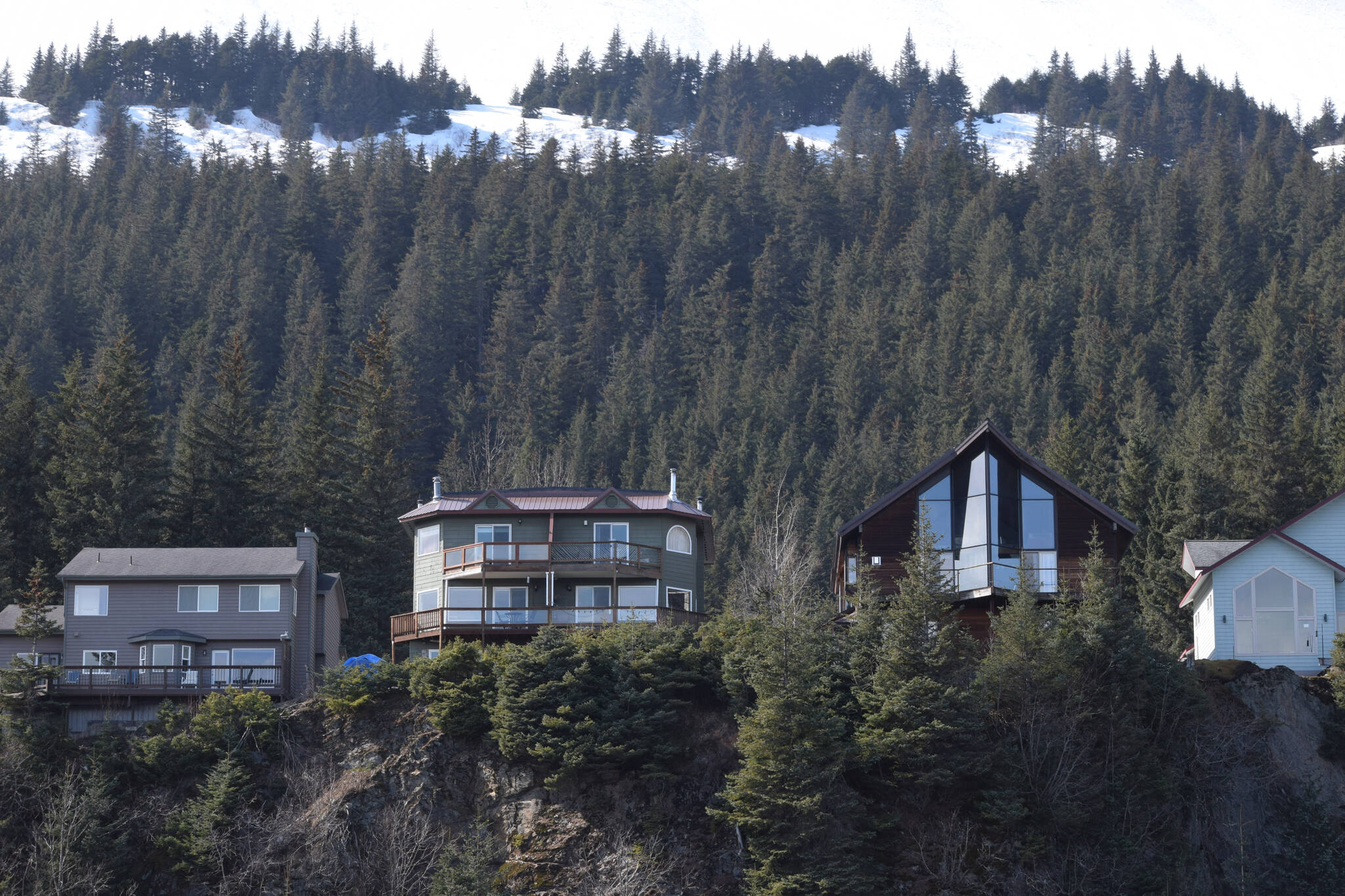The Seward City Council voted Monday to postpone approval of limits on short-term rentals. Those limits, proposed by the Seward Planning and Zoning Commission, are meant to ameliorate the city’s housing shortage.
The legislation considered by council members Monday would prohibit new use of entire houses as rentals in residential zones, require short-term rental insurance and implement fees associated with individual short-term rental units.
Properties that have historically operated as short-term rentals could continue to do so, and they could also be sold as a short-term rental property. However, if that property stops being a short-term rental, it will be considered non-conforming and could not go back to being a short-term rental.
Whole-house rentals would be allowed in commercial zones if in a multi-family structure, and traditional bed-and-breakfast establishments would be allowed in residential zones, with limits.
Amendments proposed to the ordinance included adding language specific to city districts that are “principally commercial.” Some who testified before the council on Monday, however, were concerned about additional limits being placed on properties in commercial zones.
Doug Schoessler, who serves as Seward’s public works director but said he was speaking in an individual capacity, told council members that existing property owners have expectations when it comes to what they can and cannot do with their parcels. Schoessler said he lives in an auto/commercial district, which allows him to run several businesses off the parcel, if he wants to.
“I paid a pretty premium price for that property and a big part of it was I could do other things rather than just live there,” Schoessler said of his property in an auto/commercial district. “I haven’t developed into different things. I’ve done just a little bit of rentals and I have a long-term rental permit right now, but I look at that as a commercial property. I’m in a commercial zone … It feels like a little overreach to me that I could do this and now, some of it, I can’t.”
Council members ultimately voted to postpone the legislation and to hold a joint special meeting with the city’s planning and zoning commission to further discuss the legislation.
“Personally, I couldn’t vote yes on this tonight,” said Seward Mayor Sue McClure. “I had a lot of input and mostly the concern is the auto/commercial — well, there’s been a lot of concerns so I’m not ready to vote tonight either.”
The legislation comes after four public work sessions held throughout this year by the Seward Planning and Zoning Commission for the purpose of addressing regulations for short-term rentals. The proposed changes to Title 15 of the Seward, Alaska Code of Ordinances, which regulates land use, were approved unanimously by that commission.
“It is a recognized issue in the City of Seward, that the schools, hospital, prison, and other local businesses cannot hire sufficient employees due to the lack of housing available,” a statement from the Seward Planning and Zoning Commission says.
A Tuesday search for “Seward” on Airbnb, a website that lists short-term rentals, returned 343 listings with an average nightly price of $231. Some listings go for as high as $645 per night, as in the case of an oceanfront yurt in Resurrection Bay.
Seward’s efforts to address housing shortages in city limits come as the City of Soldotna also explores new ways to expand housing opportunities. The Soldotna City Council recently approved the use of accessory dwelling units on existing land parcels and will consider limits on the use of those units as short-term rentals next month.
Monday’s meeting of the Seward City Council can be streamed on the City of Seward’s YouTube channel.
Reach reporter Ashlyn O’Hara at ashlyn.ohara@peninsulaclarion.com.


